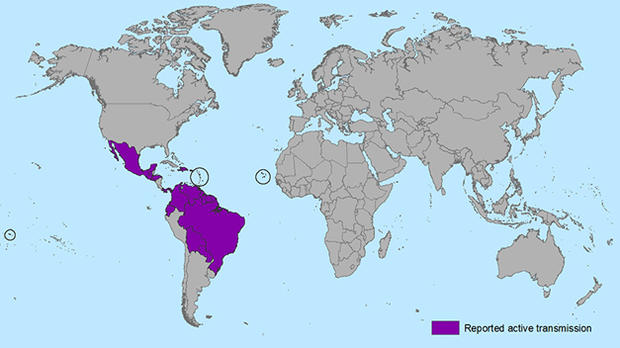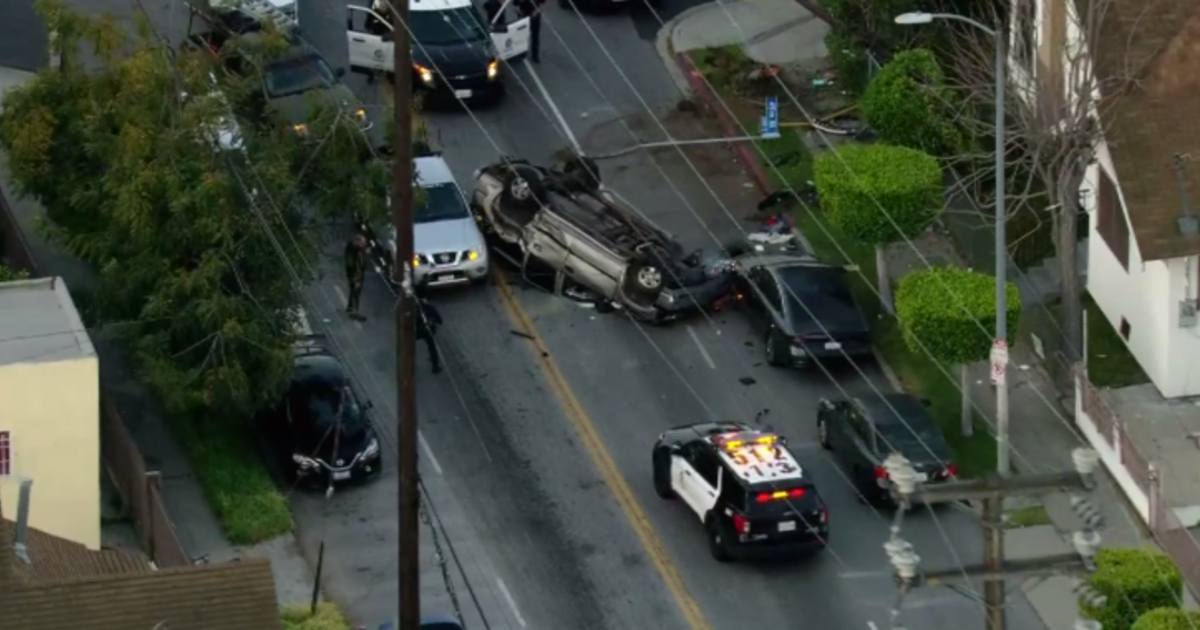Leading Expert On Zika Virus Says It's Worse Than You Imagined
LOS ANGELES (CBSLA.com) — You've heard plenty about the Zika Virus.
Where is lives, how it affects women and their unborn children, how easy it is to contract. The dangers to the general population. The travel warnings.
Friday evening, KCAL9's Tom Wait spoke to one of the leading experts on the virus who made a stark pronouncement.
He said to forget what you have been told so far: It's actually much worse than you imagined.
"The message is an epidemic of massive proportions -- you're looking at millions of people being infected," says Dr. Peter Hotez, dean of the Baylor College of Medicine in Houston.
(An earlier version of this article stated Hotez was the dean of National School of Tropical Medicine at Baylor University.)
He spoke to Wait from Houston.
Zika is known to spread through mosquitoes and can have devastating affects on pregnant women -- infected babies can be born where the head and brain are too small. He says Zika hit harder in our part of the world than Ebola.
"In the Western Hemisphere it already is worse than Ebola by far. And we're just seeing the beginnings of it," Hotez said.
At the epicenter of the outbreak in Brazil and its environs, Dr. Hotez says it will likely be a year or more before we know how many people were infected.
"The frustrating thing about this epidemic is because so many people are asymptotic it's difficult to follow - and you can't just sit around and wait for a catastrophe for nine months," he said.
And Hotez says a lot of the information out there about Zika is probably wrong.
"Anything that you're hearing - this sort of dogma about this illness has not been appropriately vetted - some people are saying four out of five cases are without symptoms. Well. what's the basis for that?", he said.
Hotez and other experts believe the first reported cases were in Brazil and then spread throughout South America, Central America and into the Caribbean and Mexico. Women in poorer countries are more likely to get infected because of little or no mosquito control. At least 30 cases have been reported in the US but Hotez believes the true numbers would be much higher.
"Every person coming in from Latin America with Zika, there's probably a dozen others who are not detected," he said.
Dr. Hotez also said a vaccine is in the works but it's not clear how long it will take to manufacture or distribute.




